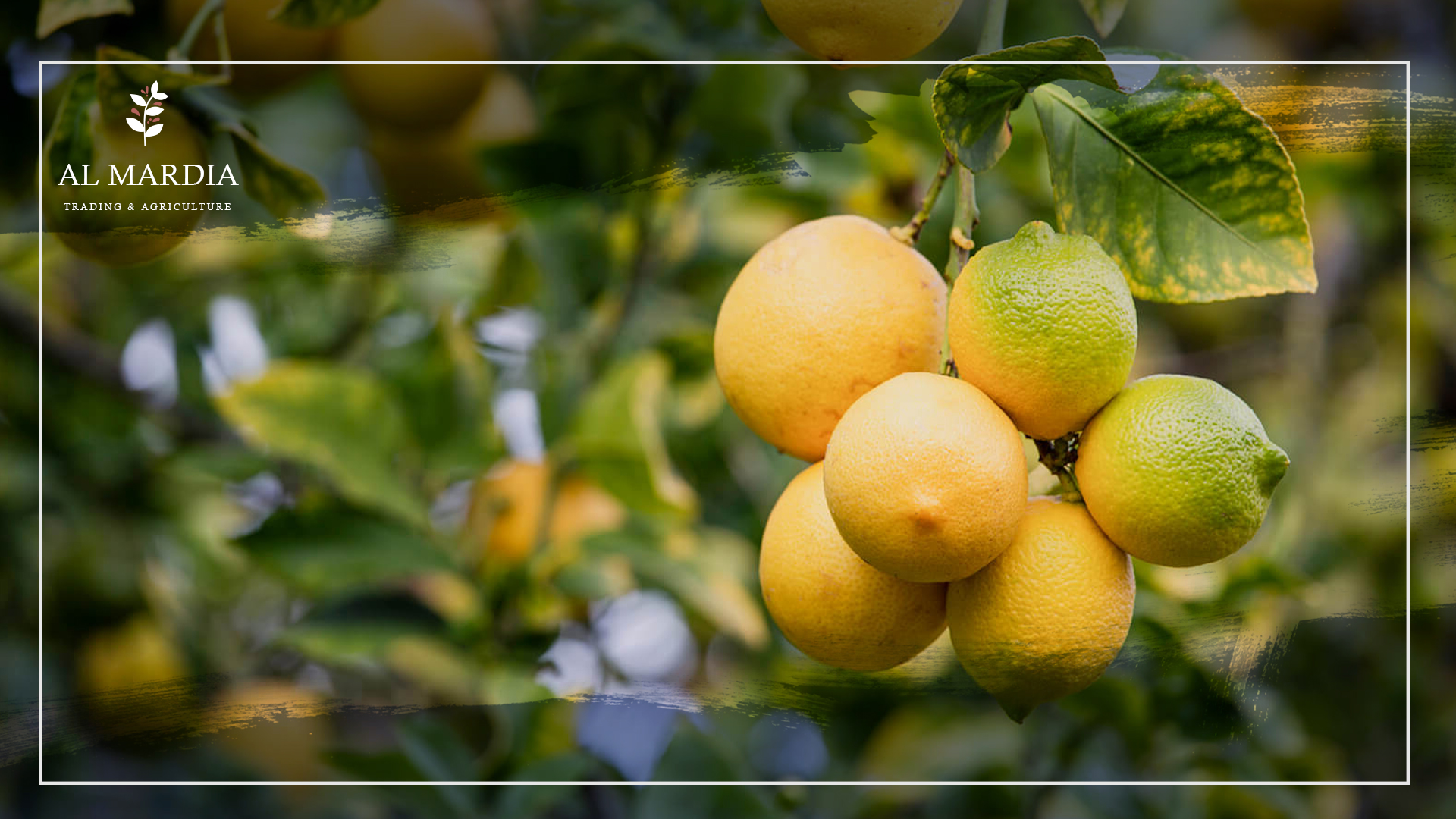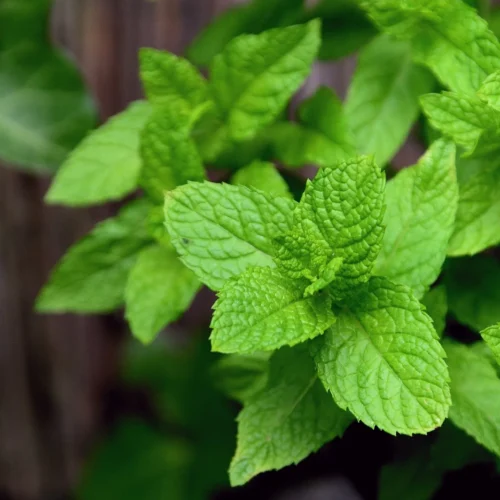
How to Grow Lemon Trees?
Lemon trees are an ideal choice for any home garden. Not only do they provide a beautiful and fragrant addition to your outdoor space, but they also offer numerous benefits in terms of health and wellness. From providing vitamin C to helping purify the air, lemon trees can be a great way to make your home garden even more enjoyable. If your lemon tree is not producing any blooms and is instead being highly productive with leaves, you do not have to despair. Generally, there are explanations for why this might be happening. This article will explore these reasons in detail to comprehend how to grow lemon trees.
Growing lemon trees is relatively easy, and with the right care, they can thrive in almost any climate. Whether you are looking to add some zest to your meals or just want to enjoy the sweet scent of citrus blossoms in your garden, lemon trees are a great addition that will bring joy for years to come.
Lemon tree problems and common challenges
If a lemon tree isn’t blooming, it can be a sign of an underlying problem. There are several factors to consider when trying to determine why a lemon tree isn’t blooming. This includes the method of growth, location, and available nutrients. Understanding these variables can help gardeners take the necessary steps to get their lemon trees back in bloom. There are some causes and solutions for the defective flowering of lemon trees:
-
Plant age
A variety of fruit trees must fully mature before they can produce any fruits. Hence, growing lemon trees to blossom may require nothing more than being diligent and nurturing them until they reach the age of 3-4 years.
-
Incorrect watering
Finding the optimum level of water is necessary to ensure that lemon trees bear flowers. Over-watering or under-watering can both lead to a lack of blooms, so it is essential to strike a balance between the two extremes.
It is essential to water lemon plants when the topsoil layer of four inches (10 cm.) is completely dry. Don’t forget to give the plant a generous supply of water. Additionally, do not let an indoor lemon plant stay in a saucerful of water.
-
Overfertilization
Fertilizing your lemon or other plants too much, especially with nitrogen, can lead to them allocating their efforts towards producing new leaves rather than blooms. Hence, it is recommended to not fertilize any more often than once a month. It is always recommended to apply organic fertilizers such as Multi-Bio. It contains all essential nutrients which the plant needs to grow healthy and strong.
-
Lack of sunlight
Lemons require direct sunlight to grow, which can be simulated inside with a full-spectrum light bulb placed 12 inches away from the plant and switched on for no more than 12 hours a day.
If a lemon tree is outside, it’s important to trim away any branches or objects blocking the sunlight. In some cases, if the tree is not too big, it might be a good idea to look for a sunnier spot for replanting.
-
Warmer temperatures
Citrus trees grown indoors are known to not bear flowers, due to the lack of chill hours. To induce flowering in lemons, it is essential for them to be exposed to temperatures at or slightly lower than 60°F (16°C).
During the winter and spring months, place your lemon in a cool setting for several hours to imitate the temperatures they have in their natural environment.
-
Incorrect pruning
It is essential to prune lemons to prevent the spread of fungal disease and allow for adequate air circulation. However, over-pruning can disrupt bud formation. Therefore, in order to maintain a healthy tree, it is best not to remove more than 1/3 of its foliage when trimming.
This helps to ensure that the plant has enough nourishment to bloom and is able to circulate air effectively in its canopy.
Is it possible to transplant lemon trees?
- Transplanting lemon trees can be a tricky task. While these plants have many benefits, such as dropping their leaves at the drop of a hat, they also require some special considerations when it comes to transplanting. Lemon trees are susceptible to ‘wet feet’ and premature blossom or fruit drop if not transplanted properly. It is important to know when the right time to transplant them is.
- Finding a pot with suitable drainage for growing lemon trees is important. If you choose to transplant them into the garden, make sure to provide sufficient care beforehand. On the other hand, mature lemon trees don’t usually do well when transplanted into different locations; thus, it’s best to conduct this activity in springtime.
In conclusion, growing a lemon tree at home is a rewarding experience that can bring many health benefits. Not only can you enjoy the delicious fruit, but leaves, flowers, and rinds of the lemon tree have many medicinal properties. With proper care and maintenance, you can ensure that your lemon tree will thrive for years to come. From providing vitamin C to reducing inflammation and improving digestion, there are numerous health benefits associated with growing lemon trees. So why not start growing a lemon tree today?
Related topic
Better Date Palm Trees
Common Questions:
-
What is the difference between a lemon tree and a dwarf lemon tree?
Meyer lemon trees typically have a height range of 6-10 feet for the standard variety. It ranges between 5-7 feet for the dwarf option. If you cultivate this tree in a pot, it will depend on its size and be restricted to a lower height.
-
What type of lemon tree is best to grow?
The Eureka Lemon Tree is the perfect choice for growing succulent lemons on your patio. It is a dwarf-sized tree that makes harvesting easier. It also offers the added benefit of being able to withstand periods of drought. Furthermore, it provides you with home-grown fruit effortlessly.
-
How many years does it take for a lemon tree to produce fruit?
If planted in a warm climate, regular lemon trees can reach heights of up to 20 feet. They typically bear fruit within six years.





